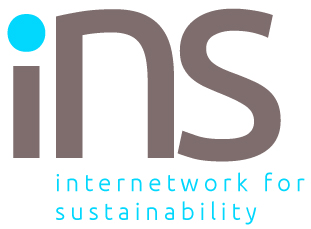AI in 2026: disaster looms behind complex threats
AI’s explosive growth in 2026 is setting off alarm bells. Behind the impressive façade of innovation lies a labyrinth of ecological, economic, and social threats. From skyrocketing energy use to deepening inequality and a looming investment bubble, the AI boom could destabilize society rather than improve it.
